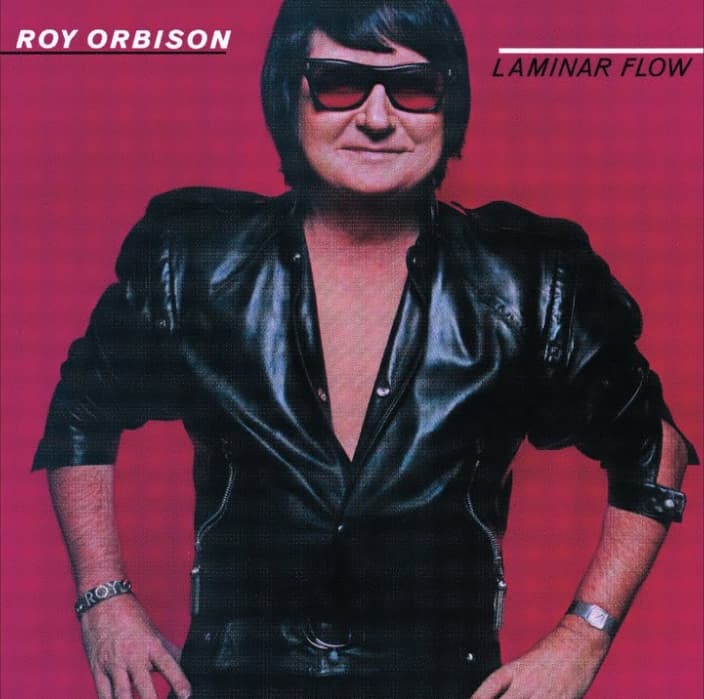
Roy Orbison’s “Love Is a Cold Wind”
A Melancholic Masterpiece for the Brokenhearted
The late 1970s was an era of musical transition, a time when disco reigned supreme and punk rock was a rebellious roar. Yet, amidst the glittering dance floors and the thrashing guitars, a quiet storm was brewing in the heart of a legend. In 1979, Roy Orbison, a man whose voice could shatter glass and mend a broken heart in the same breath, released an album that felt like a gentle whisper in a hurricane. Laminar Flow was a departure from the operatic rock of his earlier years, a smooth, introspective journey into the complexities of love and loss. It was on this album that he delivered a track that would become a poignant testament to his enduring artistry: “Love Is a Cold Wind.”
This song, with its understated elegance and profound melancholy, didn’t climb the charts in the same way his earlier hits like “Oh, Pretty Woman” had. It was a different time, and the music landscape had shifted. “Love Is a Cold Wind” didn’t need a top-10 spot to make its mark; its power lay in its quiet resonance. For those who found it, it was a secret shared, a balm for a bruised soul. It became a favorite among a more discerning audience, those who understood that true heartbreak doesn’t always come with a loud, dramatic crescendo.
The story behind the song is woven into the very fabric of Orbison’s life. He had endured more than his share of tragedy, a cruel series of events that would have silenced a lesser man. The loss of his first wife, Claudette, and then, a few years later, two of his sons in a house fire, left an indelible mark on his music. While “Love Is a Cold Wind” wasn’t explicitly about these events, the sorrow and profound sense of solitude that permeate the track are undeniably rooted in his personal experience. It’s the sound of a man who has known the warmth of a loving embrace and the chilling emptiness that follows its departure.
The meaning of the song is beautifully and brutally simple. Love, as Orbison sings, isn’t always a warm embrace or a gentle breeze. Sometimes, it’s a harsh, unforgiving force that can leave you feeling exposed and alone. The lyrics paint a picture of a love that has faded, leaving behind a profound chill. It’s a reflection on the fleeting nature of passion and the lasting sting of its memory. Orbison’s voice, with its signature vibrato and emotional depth, turns each line into a raw, unfiltered expression of grief. The song’s instrumentation, a delicate blend of strings and a soft, rhythmic beat, creates an atmosphere of somber reflection, a perfect backdrop for the lyrical content.
For those of us who grew up with Orbison’s music, this song feels like a familiar ache. It’s the song you put on when the night is long and the memories are too heavy to bear. It reminds us that even the most beautiful connections can leave us vulnerable to a devastating coldness. In a career filled with iconic, high-energy rock ‘n’ roll anthems, “Love Is a Cold Wind” stands out as a quiet, powerful elegy. It’s a testament to Roy Orbison‘s ability to capture the most complex human emotions and translate them into a three-minute masterpiece. It’s a song for the brokenhearted, a timeless reminder that sometimes, the coldest winds are the ones that blow from the ashes of a love that has died.